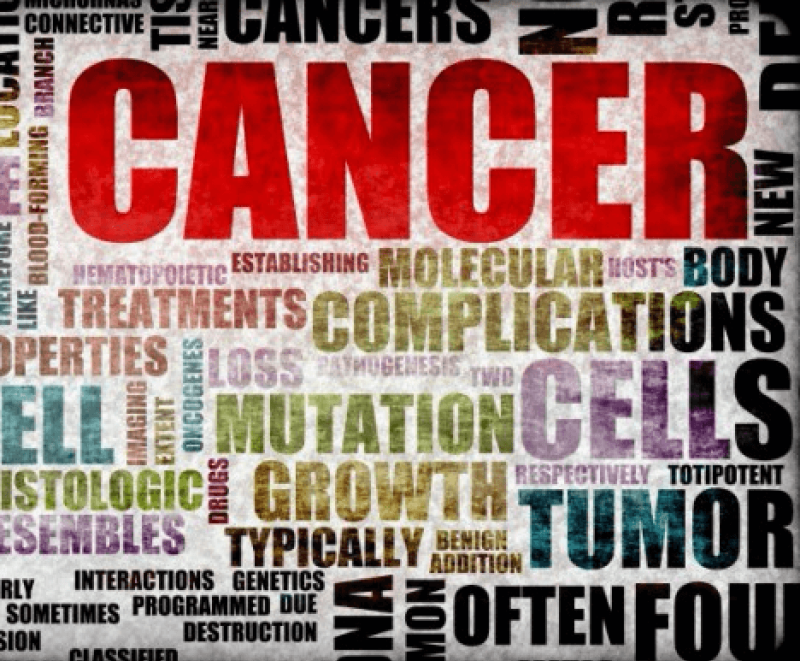The World Health Organization’s cancer agency [IARC]–which is facing criticism over how it classifies carcinogens–advised academic experts … who worked on a review in 2015 of the weedkiller glyphosate against releasing requested material. … The review … concluded glyphosate is “probably carcinogenic”, putting IARC at odds with regulators around the world.
IARC, a semi-autonomous unit of the WHO, has caused controversy over whether such things as coffee, mobile phones, red and processed meat, and chemicals like glyphosate cause cancer.
Its critics … say the way IARC evaluates whether substances might be carcinogenic can cause unnecessary health scares. IARC assesses the risk of a substance being carcinogenic without taking account of typical human exposure to it.
. . . .
Multiple subsequent freedom of information requests by the U.S. conservative advocacy group the Energy & Environment Legal Institute (E&E Legal) have since been turned down by agencies and universities citing IARC’s reasoning that it owns the documents.
. . . .
E&E wants … to know more about the way IARC reviews the scientific evidence, and about its relationship with the U.S. Environmental Protection Agency (EPA).
The GLP aggregated and excerpted this blog/article to reflect the diversity of news, opinion and analysis. Read full, original post: WHO cancer agency asked experts to withhold weedkiller documents































